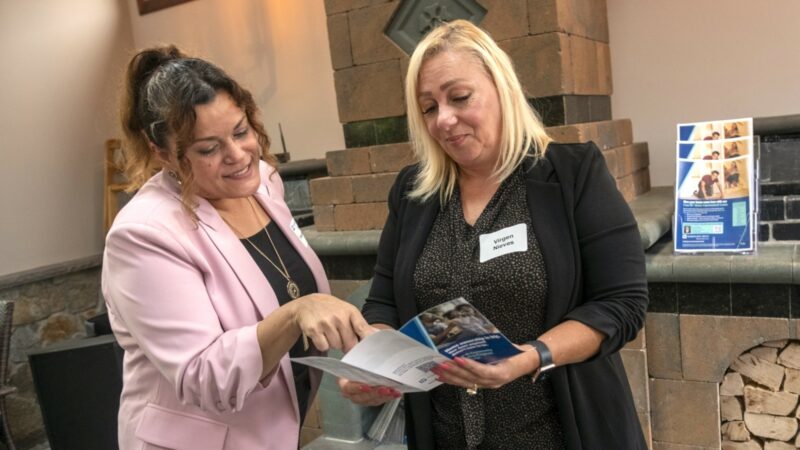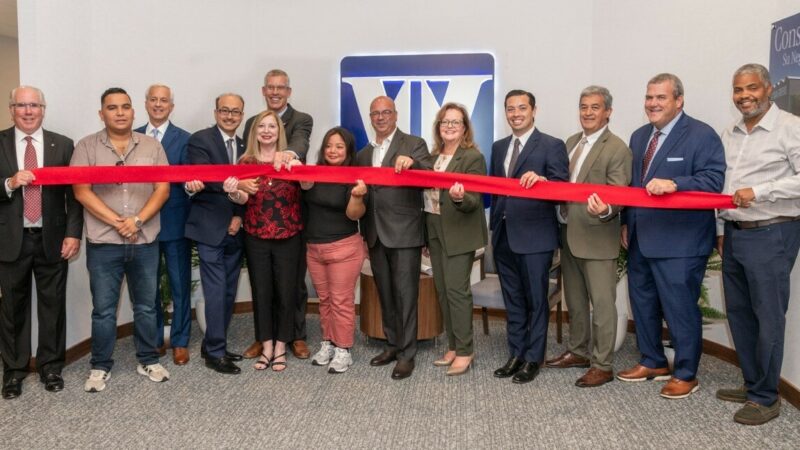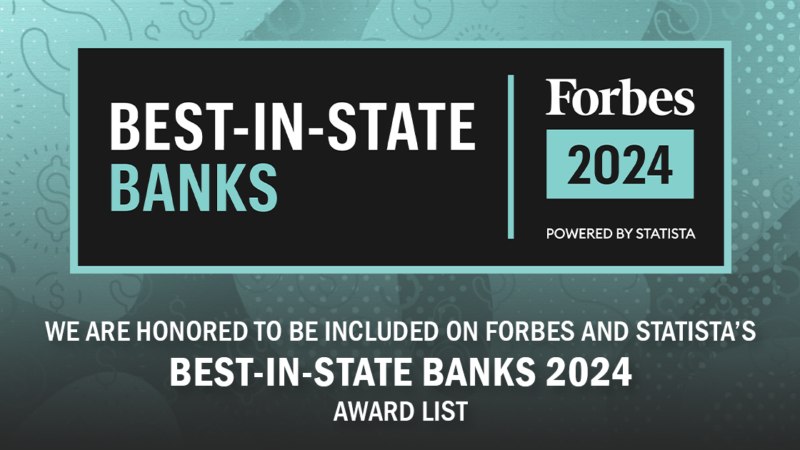Scammers Use Fake Emergencies to Steal Your Money

From Federal Trade Commission Consumer Advice
Someone calls or contacts you saying they’re a family member or close friend. They say they need money to get out of trouble. But check that there’s an emergency first because it could be a scammer calling. This is how a family emergency scam call may go:
- Caller: Hi Grandpa, it’s me.
- Grandpa: [Name of the grandson]? Is that you?
- Caller: Yes, it’s me. [Repeats name Grandpa said.] Grandpa, I’m in trouble, and I need money for bail.
- Grandpa: What happened?
- Caller: Please don’t tell Mom or Dad. I’ll get in so much trouble.
- Grandpa: Where are you?
- Caller: Hurry, Grandpa. A lawyer is going to call you. Please help me!
- Grandpa then gets a second call from the fake lawyer.
- Attorney: This is your grandson’s lawyer. He’s in a lot of trouble. The only way he can get out of jail is if you pay.
Then the “lawyer” pressures Grandpa to quickly wire money, overnight a money order, or pay with a gift card, reloadable card, or cryptocurrency. It is all a scam. The grandson was never in trouble. Slow down. Verify.
How the Scam Works
The scammer may already know a lot about you or the person they’re pretending to be. They may know your name, where you live, and other information they could have found on social media sites or by hacking a family member’s email. And sometimes they simply guess. But they always say you have to pay right away by wiring money, sending a money order, or paying with gift cards, reloadable cards, or cryptocurrency. Here are other tactics scammers use in fake emergency scams:
- The scammers usually involve an “authority figure,” like a fake lawyer, police officer, or doctor. They think it makes them sound more convincing, and it scares you.
- The scammers say it’s urgent and that you’re the only one who can help.
- They tell you it’s important to keep it secret. They tell you that because they don’t want you talking to other family members and friends and realizing it’s a scam.
- Scammers play with your emotions. They’re counting on you to act quickly to help your family or friends. And they’re counting on you to pay without stopping to check out whether there’s really an emergency. If you get a call like this, you can be sure this is a scam.
What To Do If You Get a Call About a Family Emergency
If someone calls or sends a message claiming to be a family member or a friend desperate for money, here’s what to do:
- Resist the pressure to send money immediately. Hang up.
- Then: Call or message the family member or friend who (supposedly) contacted you. Call them at a phone number that you know is right, not the one someone just used to contact you. Check if they’re really in trouble.
- Call someone else in your family or circle of friends, even if the caller said to keep it a secret. Do that especially if you can’t reach the friend or family member who’s supposed to be in trouble. A trusted person can help you figure out whether the story is true.
- Don’t give anyone access to your online banking. If you do, scammers may transfer money between your accounts and then try to make you believe the transfer is actually an errant refund that you need to return. If you do send funds to them, you probably won’t be able to get them back.
- Don’t be intimidated. If someone tells you to lie or hide the circumstances of a transaction from your friends, family, or your bank, they don’t have your best interests in mind. They know that if you tell someone what’s happening, they’ll be found out and ruin their scheme. Talk to a family member or your Washington Trust Banker before making large financial decisions or sending money to anyone you don’t know or haven’t met in person.
How to Report Fraud
If you spot a scam, report it to the FTC at ReportFraud.ftc.gov and to your state attorney general.
If you or someone close to you may have been a victim of fraud, a Washington Trust banker can help. Call us at 800-475-2265 or visit your local Washington Trust branch.
By accessing the noted link you will be leaving Washington Trust's website and entering a website hosted by another party. Washington Trust is not responsible for, nor do we control, endorse or guarantee the content of any external sites. Please be advised that you will no longer be subject to, or under the protection of, the privacy and security policies of Washington Trust's website. We encourage you to read and evaluate the privacy and security policies of the site you are entering, which may be different than those of Washington Trust.
Contact a Trusted Advisor
For more information or to speak with one of our trusted advisors about your unique financial needs, contact us at 800-475-2265 or submit an online form.











